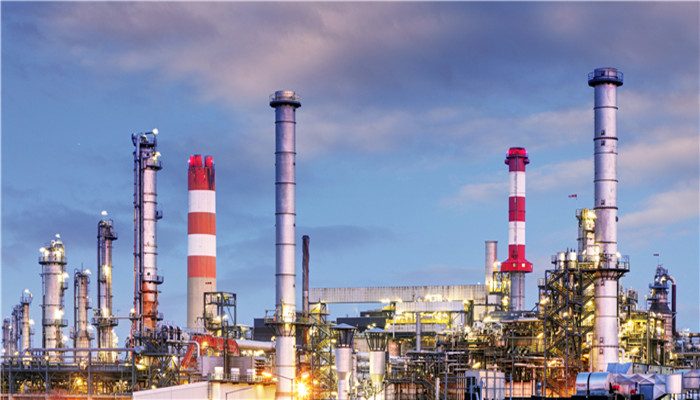
The industrialization of refined phosphoric acid is accelerating and the industry has broad prospects for growth
Phosphoric acid, also called orthophosphoric acid, is a common inorganic acid and is a medium-strong acid. In the actual application of phosphoric acid, the original acid needs to be refined according to different downstream application requirements to meet the user’s product quality requirements. The processed phosphoric acid is refined phosphoric acid.
At present, refined phosphoric acid is first processed into phosphate products in industry, and then used in aluminum polishing agents, steel rust inhibitors, phosphating agents, metal cleaning agents, organic synthesis catalysts and other fields. Since 2020, the new energy vehicle industry has developed rapidly, and new energy vehicle production and sales data have continued to grow. Due to its cost-effectiveness advantages, lithium iron phosphate batteries have been favored by many well-known new energy vehicle manufacturers such as Tesla and BYD, and their shipments The volume has grown rapidly year after year.
According to the released “2021-2025 China Refined Phosphoric Acid Industry Market Monitoring and Future Development Prospects Research Report“, the global market in 2021 Lithium iron phosphate battery shipments have reached 170GWh, and the proportion of lithium battery shipments has increased from 18% in 2020 to 31% in 2021. Lithium iron phosphate batteries have gradually begun to replace the market share of ternary lithium batteries in new energy. The market potential in the automotive industry is huge.
In the production of lithium iron phosphate batteries, the phosphorus source comes from refined phosphoric acid or industrial grade monoammonium phosphate. The production capacity of refined phosphoric acid of phosphorus chemical companies is the key to their ability to enter the new energy track of lithium batteries. Yunnan Yuntianhua Co., Ltd., a leading domestic phosphorus chemical company, launched the construction of a new material iron phosphate project in July 2021. The first phase of the 100,000-ton wet phosphoric acid refining project was completed and put into operation in April 2022, marking that the traditional phosphorus chemical industry has Officially integrated with the new energy industry, we will take advantage of the new energy industry to complete the transformation and upgrading of the phosphorus chemical industry.
Since 2021, driven by the demand for downstream lithium iron phosphate batteries, the price of refined phosphoric acid has continued to rise. Affected by the national policies on triple phosphorus control and dual energy consumption control, the operating rate of enterprises is low and the market supply is insufficient. In addition, refined phosphoric acid also faces problems such as limited new production capacity and agricultural demand supply. Taken together, the refined phosphoric acid industry may be in short supply for a long time.
In the first half of 2022, the installed capacity of lithium iron phosphate batteries has returned strongly. New energy vehicle giants such as Tesla have stated that they will carry lithium iron phosphate batteries globally. Lithium iron phosphate battery shipments will continue to maintain rapid growth in the next few years. Industry analysts said that global lithium iron phosphate battery shipments are expected to reach 600GWh in 2025, compared with 170GWh in 2021 GWh, the potential incremental market is huge. Affected by the increasing demand for downstream lithium iron phosphate batteries, many domestic phosphorus chemical companies have deployed refined phosphoric acid projects. The industrialization of refined phosphoric acid has accelerated significantly, and the industry has broad prospects for growth.

 微信扫一扫打赏
微信扫一扫打赏

